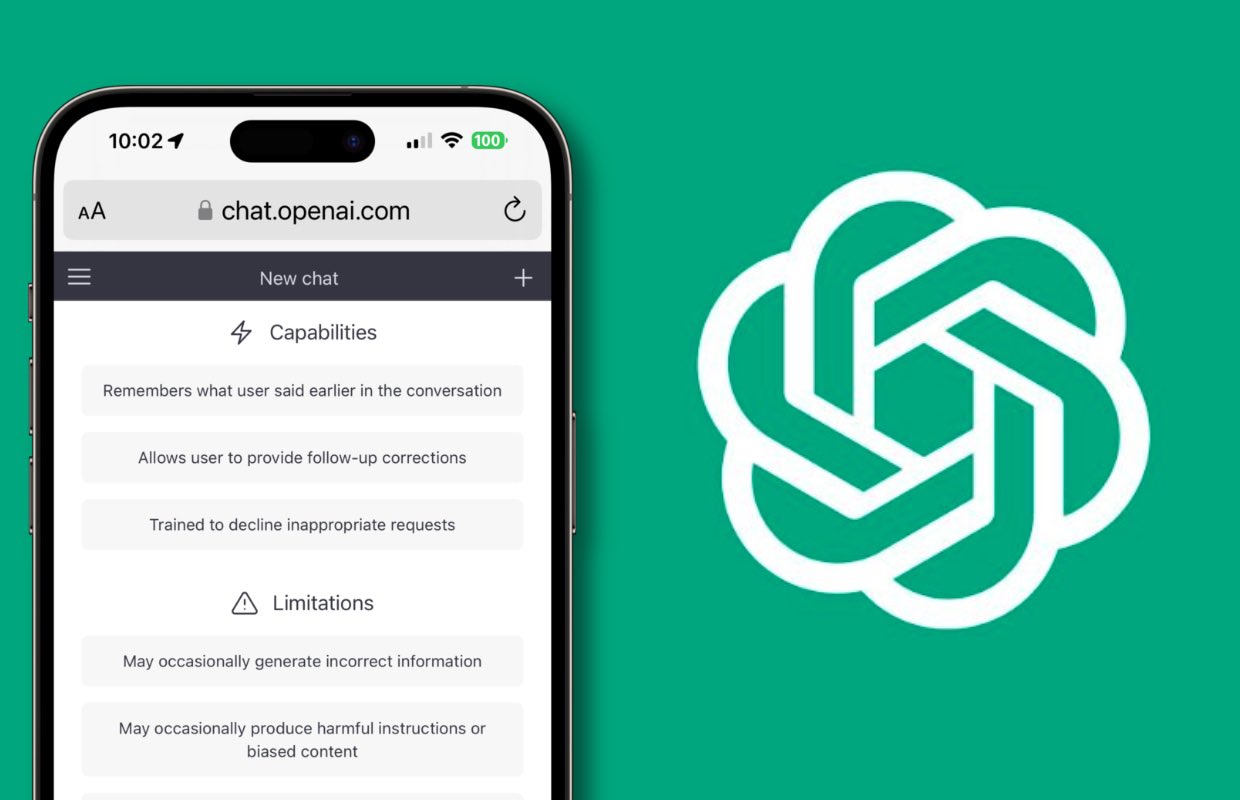The IAG, defined as artificial intelligence with human cognitive abilities, as opposed to more limited artificial intelligence, such as that of the ChatGPT that grabs headlines, could free people from menial tasks and usher in a new era of creativity.
But such a profound paradigm shift could also threaten jobs and pose insurmountable social problems, experts warn.
Previous technological advances, from the invention of electricity to the internet, brought about powerful social changes, he said. Siqi Chen, CEO of San Francisco-based startup Runway.
“What we are seeing now is intelligence itself… This is the first time that we can create intelligence itself and increase its volume in the universe,” Chen told AFP.
The change, as a result, will be “of a magnitude greater than any other technological change we have had in history,” he said.
And such an exciting and terrifying change is a “double edged sword”Chen said. The executive believes that the IAG could be used to fight climate change, for example, but also warned that it is a tool that should be run by humans as much as possible.
The launch of ChatGPT late last year was a huge step towards realizing the IAG’s long-dreamed idea.
OpenAI, the company behind the generative software that produces essays, poems, and programming codes on demandreleased this week an even more powerful version of the technology that runs it: GPT-4.
OpenAI ensures that the new technology will not only be able to process texts but also images and produce more complex content, such as legal complaints or video games.
As such, it “exhibits human-level performance” on some criteria, the company said.
– Goodbye to heavy work –
The success of Microsoft-backed OpenAI has sparked something of an arms race in Silicon Valley as tech giants look to take their generative AI tools to the next level, though they still fear that chatbot they derail.
AI-powered digital assistants from Microsoft and Google can already summarize meetings, compose emails, build websites, design ad campaigns, and more. This gives us an idea of what the IAG will be able to do in the future.
“We spend too much time consumed by drudgery,” said Jared Spataro, Microsoft’s corporate vice president.
With artificial intelligence, Spataro wants to “rediscover the soul of work,” he said during a Microsoft presentation on Thursday.
Artificial intelligence can also cut costs, some suggest.
British landscape architect Joe Perkins said on Twitter that he used GPT-4 for a programming project for which a “very good” developer wanted to charge him around $6,000, with a two-week deadline to do so.
“GPT-4 delivered the same to me in three hours, for just $0.11,” he tweeted. “Really amazing.”
But that raises the question of the threat to jobs. Even Chen acknowledges that the technology could one day build a startup like his, or even a better version.
“How will I earn a living and how will I avoid being left on the street?” he wondered. But she said she hopes solutions emerge.
– Existential issues –
A pervasive artificial intelligence raises questions about the authenticity of various creations as songs, images, artwork and other content are produced by software rather than people.
Will humans reject education as we know it and trust more software to do the thinking for them?
Who can be trusted to make AI fair, accurate, and adaptable to different countries and cultures?
The AGI “is probably coming in faster than we can process it,” said Sharon Zhou, co-founder of a generative AI company.
The technology poses an existential question for humanity, Zhou told AFP.
“If there is going to be something more powerful than us and smarter than us, what does that mean for us?” he asked. “And does it dominate us, or do we dominate it?”
OpenAI said it plans to develop the IAG gradually with the goal of benefiting all of humanity, but has admitted that the software has security flaws.
Security is a “process,” said OpenAI’s head of science, Ilya Sutskever, in an interview with MIT Technology Review. It would be “very desirable” for companies to “propose some kind of process that would allow for slower releases of models with these unprecedented capabilities,” he added.
But for now, Zhou said, the tendency is not to slow down.
“Power is concentrated around those who can build these things. And they make the decisions around this, and they tend to do it quickly.”
He argued that even the international order is at risk.
“The pressure between the United States and China has been immense,” said Zhou, who sees the race for AI as reminiscent of the Cold War era.
“There is definitely a risk that if one country develops IAG faster then it will dominate,” he added.
Zhou believes that the current philosophy is “let’s not stop because we can’t lose”.


















